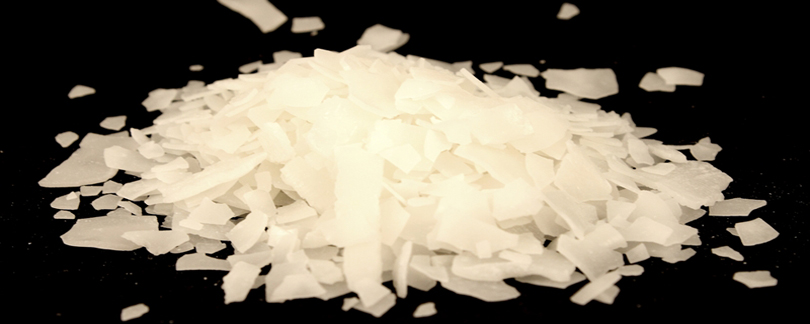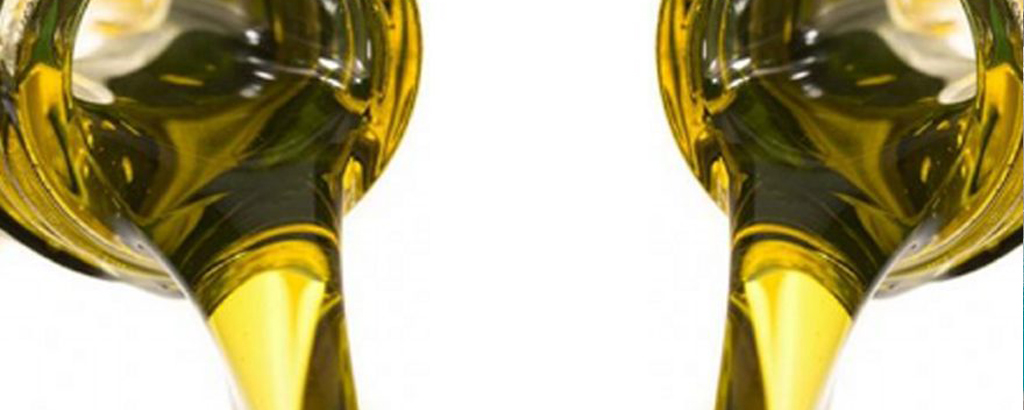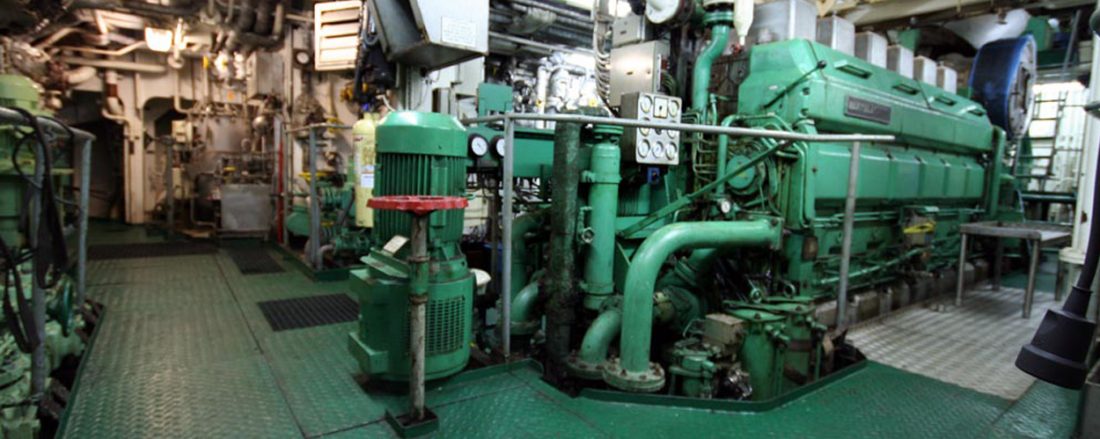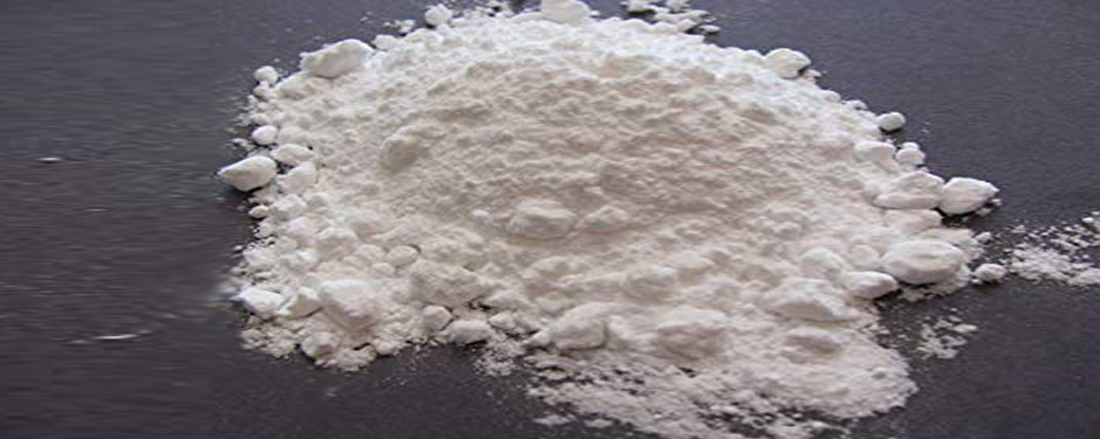Kenya Chemical is one of the leading boric acid powder Exporters, Manufacturers, Suppliers, and Producers in Mombasa, Kisumu, Nakuru, Eldoret, Malindi, and Nairobi Kenya. We are supplied to various industrial markets including Household, Institutional Cleaning, Personal Care, and Industrial sectors including Oil fields, chemical, Animal feed additive, Food additive, Agrochemical, Fertilizer, pharmaceuticals, water treatment, Minerals, Lubricants, Marine Industry, Metal Working chemical industry, and Coatings markets.
The inorganic boric acid powder is a kind of inorganic substance, the chemical formula is H3BO3. It is also called hydrogen borate, boracic acid, orthoboric acid and acidum boricum. It is white powder crystal or triclinic surface flake luster crystal, with a greasy handle and no odor. The primary industrial use of boric acid is in the manufacture of monofilament fiberglass usually referred to as textile fiberglass. Textile fiberglass is used to reinforce plastics in applications that range from boats to industrial piping to computer circuit boards. It is also used in the manufacturing of ramming mass, a fine silica-containing powder used for producing induction furnace linings and ceramics.
Application :
1.Boric acid is widely applied in the glass manufactured industry, it is used to improve the thermostabilization, transparency and strength of the glass products.
2.Boric acid can improve fastness of the ceramics.
3. Boric acid can be used in industry.
4.Boric acid can be used in smelting, metal welding, leather and dye etc.
5.Boric acid can be used as antiseptics, such as preventing the wood septic.
6.Boric acid can be used as a boric microelement manure and a insecticide too.
7.Boric acid can be as various boride widely applied in national defense and scientific research departments.
What are the Uses of Boric Acid?
The uses of boric acid are listed below.
It is used in the manufacture of textile fibreglass.
It is used in the production of the flat panel display.
It is used to neutralize the active hydrofluoric acid.
It is used by blacksmiths as welding flux.
It is used in electroplating.
It is used in the jewellery industry.
It is used in the manufacture of silly putty.
It is used as an Insecticidal.
It is used as an antiseptic and antibacterial.
It is used on carrom boards as a dry lubricant.
It is used as a neutron poison in some nuclear plants.
It is used to preserve grains like wheat and rice.
In the list of the chemical additives that are used for hydraulic fracturing (also known as fracking), it is not uncommon for boric acid to be present. This compound is also used as a cross-linking and gelling agent in combination with guar gum and is known to regulate the viscosity and rheology of the drilling fluid which is pumped at high pressure in wells. Furthermore, it is of vital importance to regulate the fluid viscosity to keep the grains of the propping agents suspended for long transport distances in order to keep the cracks in the shales sufficiently open so as to facilitate the extraction of gas after relieving the hydraulic pressure.
Industrial
The primary industrial use of boric acid is in the manufacture of monofilament fiberglass usually referred to as textile fiberglass. Textile fiberglass is used to reinforce plastics in applications that range from boats, to industrial piping to computer circuit boards.
In the jewelry industry, boric acid is often used in combination with denatured alcohol to reduce surface oxidation and firescale from forming on metals during annealing and soldering operations.
Boric acid is used in the production of the glass in LCD flat panel displays.
In electroplating, boric acid is used as part of some proprietary formulas. One such known formula calls for about a 1 to 10 ratio of H3BO3 to NiSO4, a very small portion of sodium lauryl sulfate and a small portion of H2SO4.
Boric acid, mixed with borax (sodium tetraborate decahydrate) at the weight ratio of 4:5, is highly soluble in water, though they are not so soluble separately. The solution is used as a fire retarding agent of wood by impregnation.
It is also used in the manufacturing of ramming mass, a fine silica-containing powder used for producing induction furnace linings and ceramics.
Boric acid is one of the most commonly used substances that can counteract the harmful effects of reactive hydrofluoric acid (HF) after an accidental contact with the skin. It works by forcing the free F− anions into the inert tetrafluoroborate anion. This process defeats the extreme toxicity of hydrofluoric acid, particularly its ability to sequester ionic calcium from blood serum which can lead to cardiac arrest and bone decomposition; such an event can occur from just minor skin contact with HF.
Boric acid is added to borax for use as welding flux by blacksmiths.
We are trying our best to supply every chemical you may wish to buy. However, if there is something you can’t find, feel free to contact us and we will find just what you are looking for and offer you a competitive price. We guarantee that 100% of your parcel passes through the MOMBASA, Westlands, Nairobi, Kenya, Rwanda, Uganda, Tanzania, Burundi, Congo, South Africa, South Sudan, Zambia, Nigeria, Namibia, Ghana, Malawi, Zimbabwe, Liberia, Ethiopia, Mozambique, Botswana, United States, Britain, Australia, Canada, Mexico, France, Germany, Spain, Belgium, Sweden, Poland, and Russia. We have large stocks in warehouses in the United States, Canada, Germany, and Mexico, and we can ship directly from overseas warehouses.
When you order in our company, we will immediately arrange shipment and update tracking information for you by email. In addition, we can also arrange door-to-door service delivering to your office or factory directly by our forwarders. For more information or to request a particular product, call customer services or Given website Email address.
mail@kenyachemical.com





